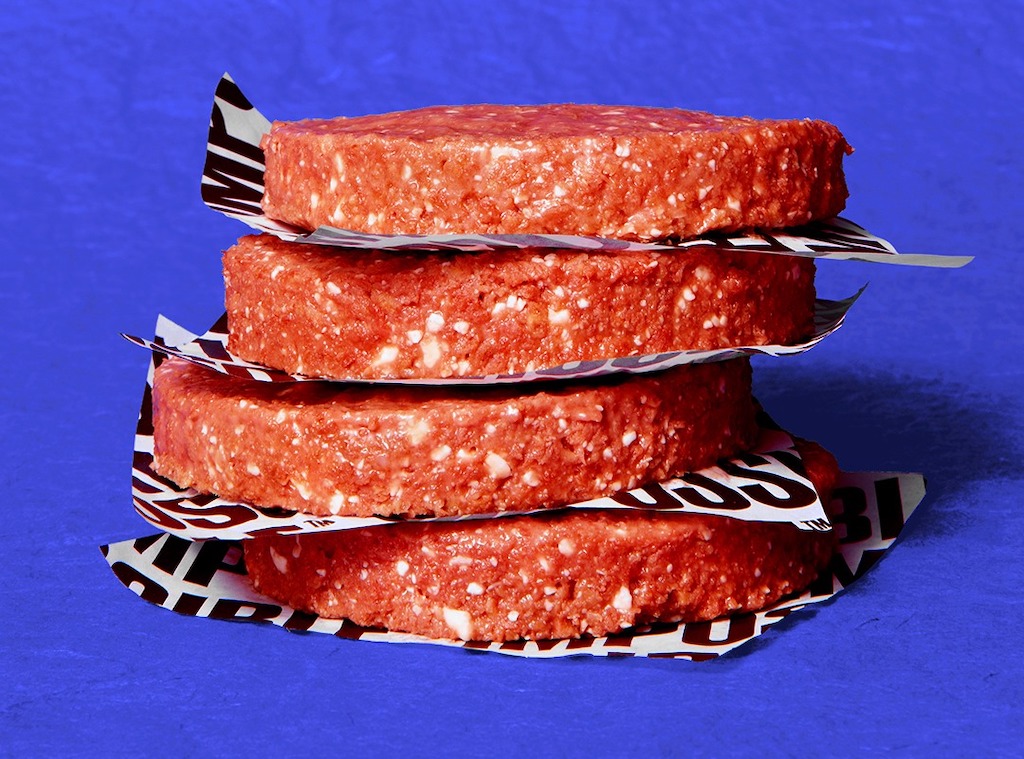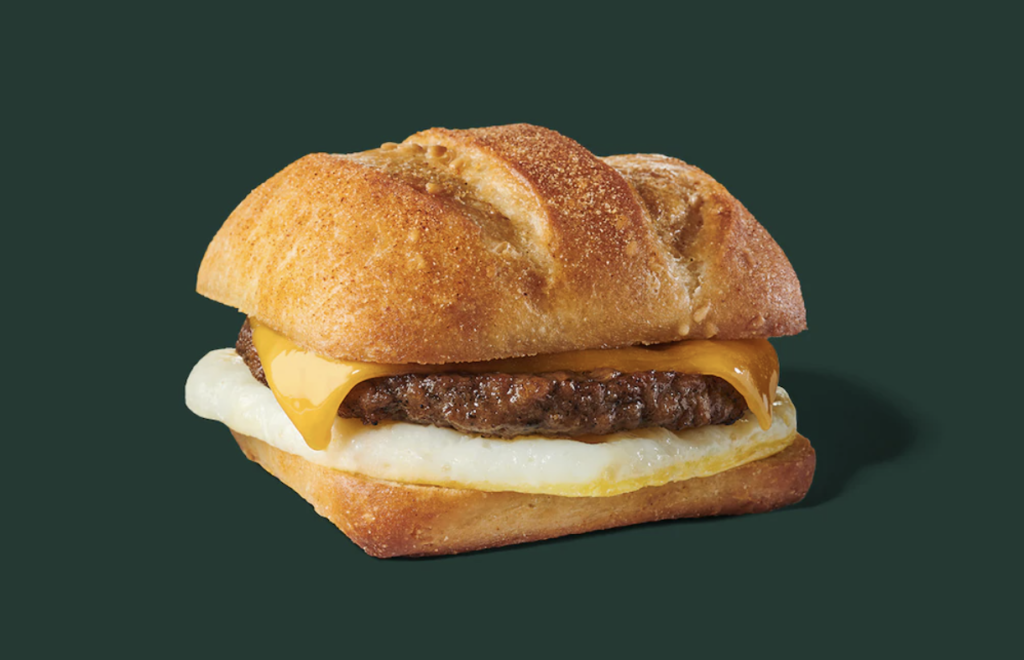3 Mins Read
The founder and CEO of Impossible Foods, arguably the most recognisable plant-based brands in the world, recently made the claim that the meat industry will be completely gone within the next 15 years. In an interview with CNBC, Patrick Brown said he believes “transformation is inevitable” and that the meat industry is now already an enormous crisis with the coronavirus pandemic.
“From a nutritional standpoint our products match the protein quality and content of the animal products that they replace,” said Brown in a Mad Money interview with host Jim Cramer, adding that Impossible Foods’ products are “a clear winner from a health and nutrition standpoint.”
“This is why I think people are increasingly aware plant-based products are going to completely replace the animal-based products in the food world within the next 15 years. That’s our mission. That transformation is inevitable,” predicted Brown.
Read: Q&A with Impossible Foods’ SVP Nick Halla
While some may be quick to note that as the chief of a plant-based meat alternative brand, Brown may be overly ambitious in his estimates. But similar views have been echoed by big meat industry players, including John Tyson, chairman of the biggest meat company in the United States, Tyson Foods.
Earlier in April, meat processing plants in the U.S. and around the world began shutting down due to outbreaks of coronavirus, forcing farmers to inhumanely cull millions of animals while consumers are left with shortages on shelves and food banks run dry. “The food supply chain is breaking,” said Tyson, mirroring similar warnings made by Smithfields Foods, another U.S. company and the world’s biggest pork producer.
As the danger, cruelty and unsustainable nature of the livestock industry becomes widely exposed by the pandemic, consumers are beginning to choose plant-based substitutes more than ever before.
Surveys across the world, from the U.S. to Hong Kong and the U.K. all show that shoppers are more willing to opt for meat alternatives and dramatically reduce their consumption of animal meat as a direct result of the crisis that has thrown food safety, health and the environment into the limelight.

It is this very trend that has convinced Brown that the animal meat market will be obsolete before the end of the next two decades. Similar predictions have been made by other market analysts even before the pandemic struck, with one report suggesting that the majority of meat by 2040 will either come from plants or be harvested in labs.
Investors have taken note too, with money pouring into food techs working on more crisis-resilient protein solutions and Impossible Foods raising a whopping US$500 million in a Series F round in May despite the coronavirus-induced economic turmoil.
Given consumer demand, food giants across the board are now quickly ushering in plant-based menu revamps. Most recently, coffee behemoth Starbucks signed a deal with Impossible Foods to begin carrying its vegetarian breakfast sandwiches across nearly all of the chain’s over 15,200 U.S. locations.

“Starbucks was one of our — if not the top — targeted outlet, just because of the power of their brand and their ubiquity,” said Brown in the interview. “It’s just a great opportunity for exposure and trial.”
“It’s huge for us. It’s by far — in terms of the number of outlets — by far the biggest launch we’ve had and, of course, the opportunity to partner with an iconic global brand like Starbucks is probably equally important in just raising awareness and interest and trial in consumers.”
The news came soon after Impossible Foods introduced its first direct-to-consumer online delivery service, which will allow users to order the brand’s range of 100% plant-based patties and beef mince to their doorstep, and after Starbucks China announced its brand new vegetarian menu in partnership with vegan food techs Beyond Meat, Omnipork and Oatly.
Lead image courtesy of WEF via Flickr.




